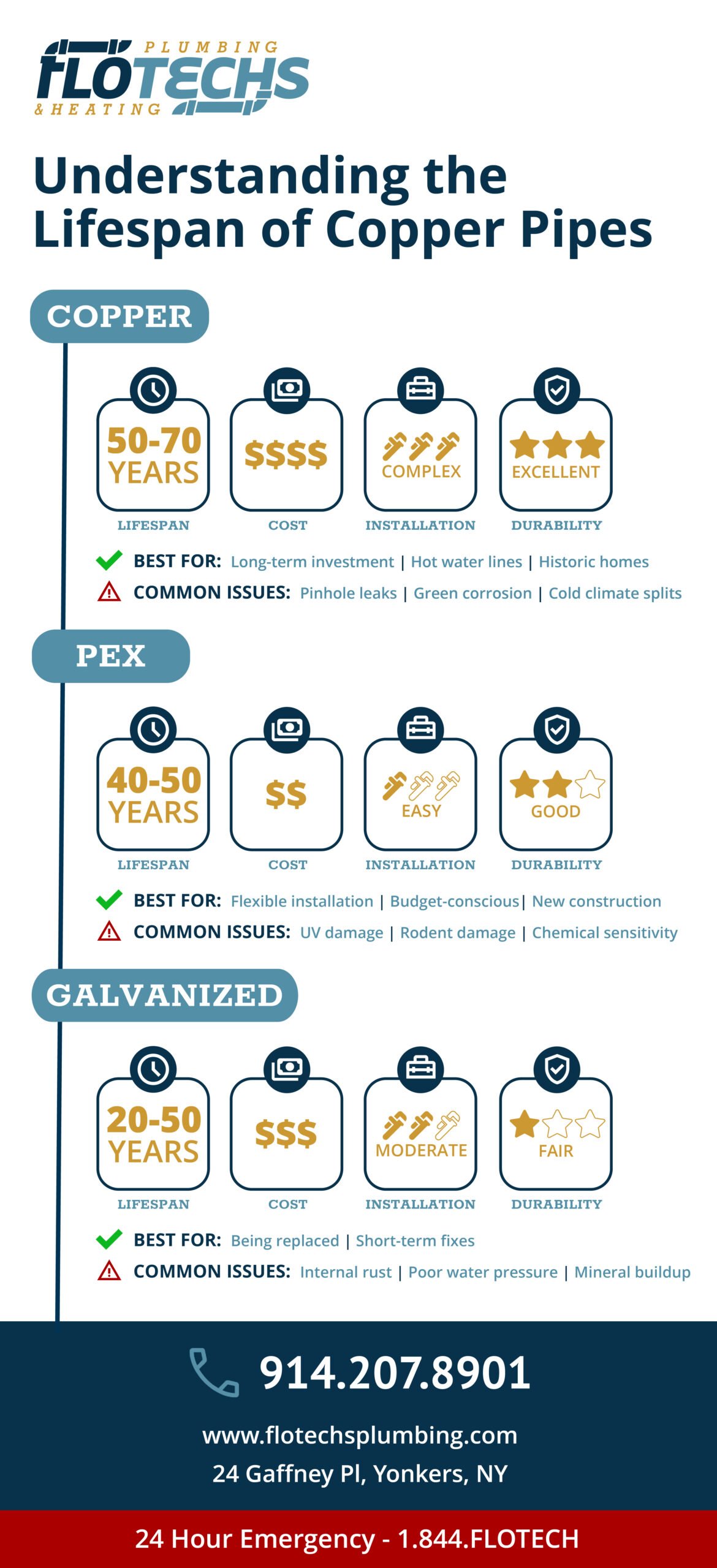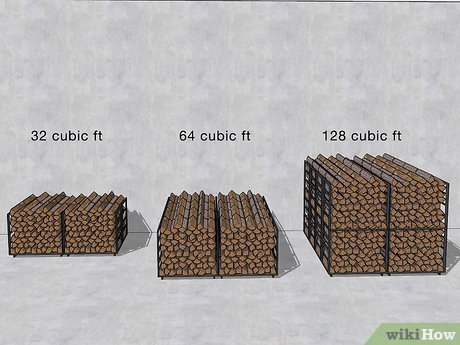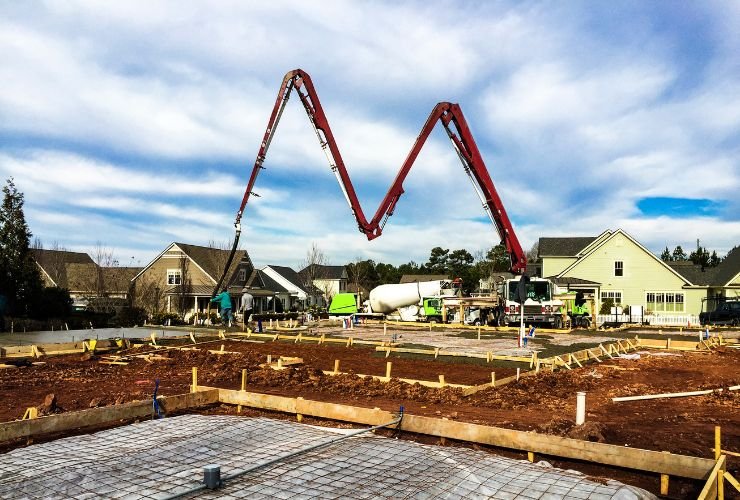Copper plumbing can last an impressive 50 to 70 years, making it a durable choice for residential and commercial buildings. Due to its corrosion-resistant properties and longevity, copper piping is a popular option for plumbing systems. Regular maintenance and proper installation play key roles in maximizing the lifespan of copper plumbing. Let’s delve deeper into the factors that influence how long does copper plumbing last and learn how to ensure your plumbing system stands the test of time.
How Long Does Copper Plumbing Last?
Have you ever wondered about the pipes hidden within the walls of your home that bring water to your faucets and showers? Copper plumbing is a popular choice for plumbing systems due to its durability and reliability. But just how long can you expect copper pipes to last before needing to be replaced? Let’s delve into the world of copper plumbing and explore the lifespan of this essential component of your home.
The Durability of Copper Pipes
Copper has been used for plumbing for centuries, and for good reason. It is a sturdy and long-lasting material that can withstand a variety of conditions. Copper pipes are resistant to corrosion, offering a reliable way to transport water throughout your home. Unlike other materials that may degrade over time, copper is known for its longevity.
Factors Affecting the Lifespan of Copper Plumbing
While copper pipes are highly durable, several factors can influence how long they will last in your home. One key factor is the quality of the installation. Proper installation by a skilled plumber can ensure that your copper pipes are set up correctly, maximizing their lifespan.
Water quality is another important factor to consider. Hard water, which contains high levels of minerals like calcium and magnesium, can lead to mineral buildup inside the pipes over time. This buildup, known as limescale, can reduce the efficiency of your plumbing system and, if left unchecked, may eventually cause damage to the pipes.
External factors such as temperature fluctuations and physical damage can also impact the lifespan of copper plumbing. Extreme heat or cold can stress the pipes, potentially leading to cracks or leaks. Additionally, accidental damage from construction work or other activities in your home can weaken the pipes and shorten their lifespan.
Typical Lifespan of Copper Plumbing
On average, copper plumbing can last anywhere from 50 to 70 years. However, with proper care and maintenance, copper pipes have been known to last even longer. Regular inspections by a professional plumber can help identify any issues early on, allowing for timely repairs and potentially extending the lifespan of your copper plumbing system.
Maintenance Tips for Extending the Lifespan of Copper Pipes
1. Keep an eye out for leaks or signs of corrosion on your pipes.
2. Monitor the water pressure in your home, as high pressure can put strain on the pipes.
3. Avoid using harsh chemical drain cleaners that can corrode the pipes.
4. Insulate pipes in colder areas of your home to prevent freezing during winter.
Replacing Copper Plumbing
If your copper pipes are approaching the end of their lifespan or have experienced significant damage, it may be time to consider replacing them. Replacing copper plumbing can be a complex task that is best left to professionals. A skilled plumber can help you assess the condition of your pipes and determine the best course of action for replacement.
Copper plumbing is a reliable and durable option for your home’s plumbing system. With proper installation, maintenance, and care, copper pipes can last for several decades, providing you with a reliable source of water throughout your home. By understanding the factors that can affect the lifespan of copper plumbing and following the maintenance tips provided, you can help ensure that your pipes remain in top condition for years to come.
Remember, when it comes to your home’s plumbing, prevention is key. Stay vigilant, pay attention to your pipes, and don’t hesitate to seek professional help if you notice any issues. By taking proactive steps to care for your copper plumbing, you can enjoy a worry-free plumbing system that lasts for years to come.
How Long Does Copper Piping Last? Expert Advice from Urban Piping
Frequently Asked Questions
How can I determine the lifespan of copper plumbing?
Copper plumbing generally lasts for 50-70 years, but this can vary depending on factors such as water quality, installation quality, and maintenance. Inspecting your copper pipes regularly for signs of corrosion, leaks, or mineral buildup can help you assess their condition and anticipate any potential issues.
What are the signs that copper plumbing needs replacement?
If you notice pinhole leaks, discolored water, low water pressure, or persistent plumbing issues, it may indicate that your copper pipes have reached the end of their lifespan. In such cases, it is advisable to consult a professional plumber to evaluate the situation and recommend the appropriate course of action, which may include replacing the copper plumbing.
Can copper plumbing last longer with proper maintenance?
Yes, copper plumbing can last even longer than the typical lifespan range of 50-70 years with proper maintenance. Regularly checking for leaks, ensuring proper insulation to prevent freezing, and promptly addressing any plumbing problems can help prolong the durability of copper pipes. Additionally, maintaining balanced water pH levels and avoiding harsh chemical cleaners can also contribute to extending the lifespan of copper plumbing.
Final Thoughts
In conclusion, the lifespan of copper plumbing is typically 50-70 years. Factors such as water quality and installation quality can affect its longevity. Regular maintenance can help extend the life of copper pipes. Understanding ‘how long does copper plumbing last’ can aid homeowners in planning for future repairs or replacements.




